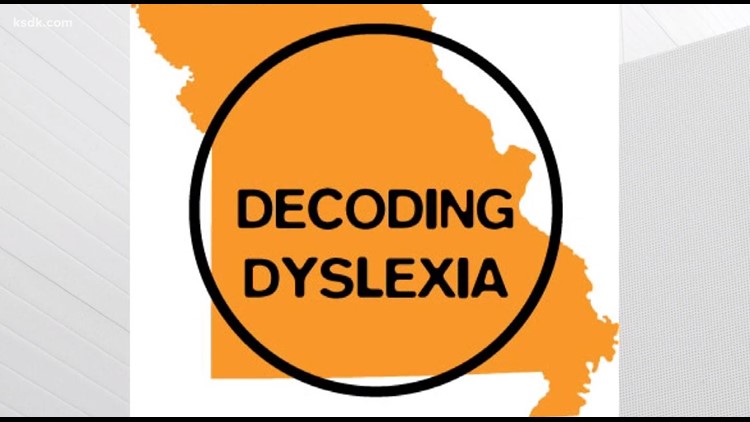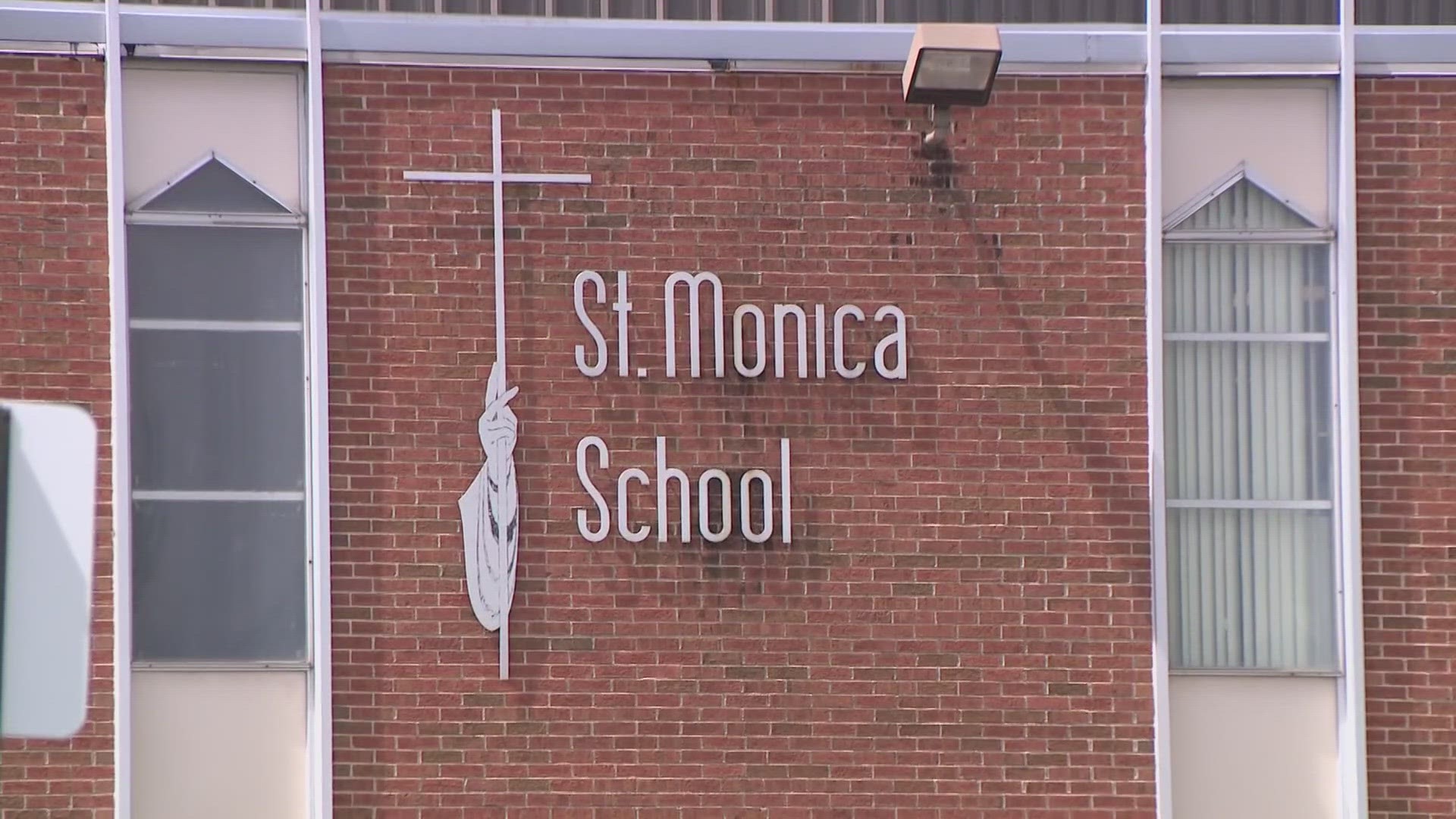ST. LOUIS — A decade ago Kelli Unnerstall’s son Alex was struggling to learn the alphabet and letter sounds.
“In first grade, second grade, third grade, he was getting assistance from the learning consultant at school,” recalled Unnerstall. “As we got closer to fourth grade where a kid goes from learning to read to reading to learn, things clearly became more difficult for him.
At age 10, Unnerstall’s son was diagnosed with dyslexia. Unnerstall said she was surprised at how challenging it was to get help for her son.
“I called Special School District and said my son has been diagnosed with dyslexia and we'd like to get him evaluated and the person on the other end of the line, unfortunately, said to me, ‘Well, Mrs. Unnerstall, we don't do dyslexia. That's not a covered disability.’ So I said, ‘You understand, I'm telling you my son is struggling with reading. What do you mean you don't do dyslexia? It's a reading difficulty.’ And they said, ‘Yeah, that in Missouri, that's not a covered disability’. So I got off the phone and talked to my husband. We were perplexed by this attitude towards dyslexia.”
That’s how Unnerstall became a dyslexia activist, co-founding Decoding Dyslexia Missouri.
“I had found out about a movement in New Jersey called Decoding Dyslexia, and I met with another mom out of Springfield, Missouri and we decided we wanted to try to make this more of a national movement and get it started in Missouri,” said Unnerstall. “So she and I literally got together, we thought, how do we get this started? We created a website and included, facts about dyslexia, set some legislative goals for ourselves. We have a three-pronged mission: educate, advocate and legislate.”
In 2016 Missouri Governor Jay Nixon signed into law a requirement that every public school student is screened for dyslexia, and teachers receive at least two hours of training. The law went into effect this school year. Pending is another dyslexia bill spearheaded by Decoding Dyslexia Missouri that creates a Reading Success Plan for any child reading below grade level.
Dyslexia is a brain-based condition that causes difficulty with reading, spelling, writing and sometimes speaking. In people with dyslexia, the brain has trouble recognizing or processing certain types of information. Secondary consequences may include problems in reading comprehension and reduced reading experience that can impede growth of vocabulary and background knowledge.
Without proper intervention, experts and parents said it’s difficult for children with dyslexia to advance in school.
“It is just devastating to a child to not be able to keep up with their peers. And I think for many kids, they feel ‘I can't be successful in the classroom’. They don't understand why or what's happening,” said Unnerstall. “Dyslexia was a dirty word in the public school system. So to go from that to this year with the screening law passing, every single student in the state between kindergarten and third grade will be screened by January 31. Every teacher in the state is getting two hours of professional development on dyslexia. I mean, it’s just come full circle.”
“Having three kids with dyslexia is a lot of work,” said Diane Dragan of Sunset Hills, while watching her son’s hockey practice at Affton Ice Rink. “You can’t assume that they’re going to get what they need at school. You can’t assume that the teachers know how to teach them. You can’t assume that the curriculum in their classroom is going to be correct for them. Dyslexics need to be taught in a certain way so as a parent you constantly have to stay on top of it.”
Dragan said it’s hard to explain to young children why they’re struggling in school.
“I always make sure that my kids know they are bright, they are intelligent kids,” said Dragan. “We let them know they have dyslexia. We let them know there is a name for their problem and it’s not anything they can’t overcome.”
Dragan’s 5th grader Nicholas created a viral video last December when he asked to speak to the Lindbergh School Board. Surrounded by a group of his friends, he bravely shared what it’s like to have dyslexia.
“I know that I’m not failing at school. School was failing me,” said Nicholas to the school board. “I could not figure out my first-grade homework and it made me angry. I still struggle every day, especially with spelling and writing. I know that I’m smart and I can learn, but I need more help that I’m getting at Crestwood.”
“We were hopeful in speaking to the school board that we were going to gain some awareness and making changes that needed to be made,” said Diane Dragan.
Perhaps it had an impact. A spokesperson for the Lindbergh School District said all Lindbergh teachers have been trained to better understand the unique challenges that students with dyslexia face. Lindbergh also hired a literacy coach to support reading specialists and teachers districtwide.
As for Kelli Unnerstall’s son, Alex is now a college student.
“He graduated from high school with honors,” said Unnerstall. “He's well equipped, succeed in college. He works independently. Alex has done very well because we got him what he needed.”
For more information about Decoding Dyslexia and its September 23 awareness event, click here.



